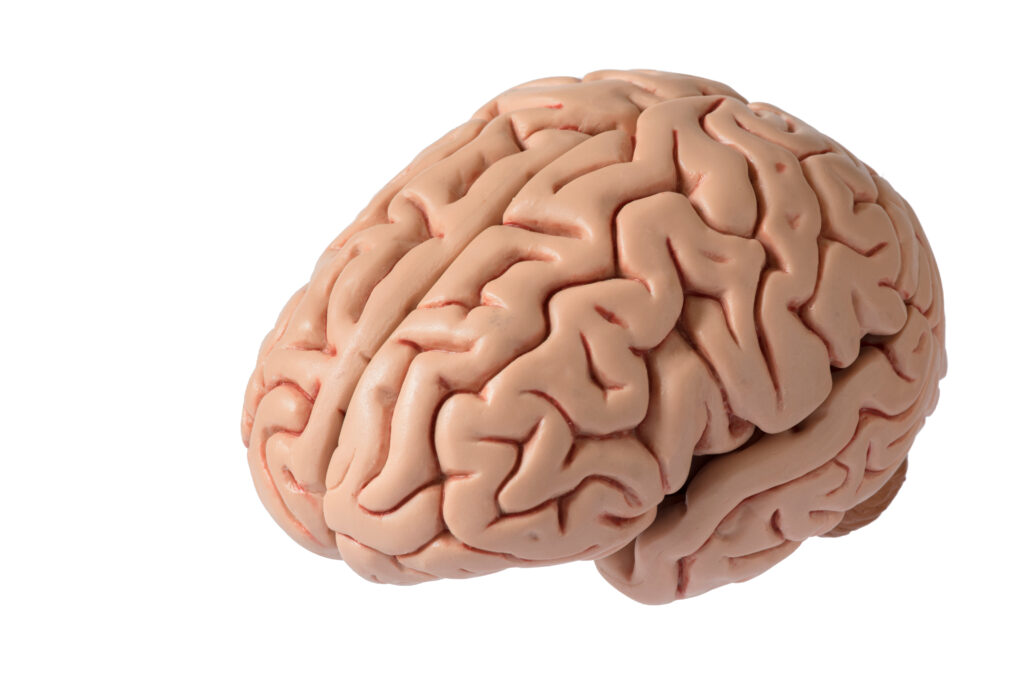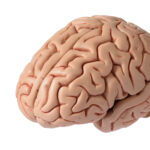### How Probiotics and Prebiotics Influence Cognitive Health
Probiotics and prebiotics are often talked about in the context of gut health, but did you know they also play a significant role in cognitive health? Let’s dive into how these tiny helpers can improve our minds.
#### The Gut-Brain Connection
First, it’s essential to understand the connection between our gut and brain. The gut-brain axis is a network that links our digestive system and mental health. This system is so powerful that it has about 500 million neurons in the gut, which directly talk to the brain through the vagus nerve. This means that what happens in our gut can affect how we feel and think.
#### How Probiotics Work
Probiotics are live bacteria and yeasts that are beneficial for our health. They help our bodies in many ways, including:
– **Strengthening the Intestinal Barrier**: This helps keep bad bacteria out and good bacteria in.
– **Regulating the Immune System**: This keeps our immune system working properly.
– **Reducing Inflammation**: This helps with mood issues and overall health.
– **Supporting Digestive System Balance**: This ensures our digestive system runs smoothly.
Probiotics also affect neurotransmitters, which are chemicals in the brain that help us feel happy, calm, or focused. For example, they can increase GABA (a calming neurotransmitter) and modulate serotonin levels (which helps with mood).
#### Specific Probiotic Strains for Mental Health
Some probiotic strains are particularly helpful for mental health. These include:
– **Lactobacillus helveticus**: Known for reducing anxiety and improving cognitive functions.
– **Bifidobacterium longum**: Shows potential in decreasing depression symptoms.
– **Lactobacillus acidophilus**: Supports neurotransmitter balance.
– **Bifidobacterium infantis**: Helps regulate stress responses.
#### The Role of Prebiotics
Prebiotics are non-digestible fibers that help feed the good bacteria in our gut. They work together with probiotics to create a healthy balance of gut bacteria. This balance is crucial for our mental well-being.
#### How Probiotics and Prebiotics Affect Cognitive Health
Research has shown that probiotics can improve cognitive functions and reduce symptoms of anxiety and depression. Here are some ways they do this:
– **Reducing Stress**: Probiotics can lower stress levels by regulating the HPA axis, which is key in how we handle stress.
– **Improving Mood**: By affecting neurotransmitters like serotonin and dopamine, probiotics can help us feel better emotionally.
– **Enhancing Sleep**: An imbalance in gut bacteria can lead to sleep problems, but probiotics can help regulate sleep patterns.
#### Natural Sources of Probiotics
You don’t need supplements to get probiotics. You can find them in many foods:
– **Fermented Foods**: Yogurt, sauerkraut, kimchi, tempeh, and miso are all great sources.
– **Probiotic-Rich Beverages**: Kefir, kombucha, and traditional buttermilk are tasty ways to get good bacteria.
#### Conclusion
Probiotics and prebiotics are not just for your stomach; they play a significant role in cognitive health. By keeping your gut healthy, you can improve your mood, reduce stress, and even enhance sleep. While more research is needed, the current evidence is promising. So, start incorporating probiotic-rich foods into your diet and see the positive impact on your mental well-being.
Remember, everyone’s body is different, so it’s always a good idea to talk to a healthcare professional before starting any new supplements or making significant changes to your diet.


